Say what you like about Netflix’s The Crown, now coming into its final series — the first four episodes launch on the service today, with the concluding half-dozen coming next month — but it is one of the few shows that has combined winning truckloads of awards with compelling its viewers to have an opinion on its often surprising manipulations of history. Its creator Peter Morgan has been both praised and vilified for the liberties with fact he has taken, all of which he has dismissed on the grounds that he is creating fact-based entertainment, rather than a documentary series. That invention can often illuminate, rather than obscure, the workings of the forever secretive British royal family.
Still, Morgan had better be putting on his tin hat come the release of these episodes, which deal with the final weeks of Princess Diana and then the aftermath of her and Dodi al-Fayed’s death. I, and many others, speculated as to whether Morgan would delve into conspiracy theories, including those put about by Dodi’s father Mohamed, that the British establishment was responsible for killing Diana and Dodi in an attempt to stop what would otherwise have been an engagement between the two, possibly even with the Princess of Wales being already pregnant. There is, perhaps mercifully, no such crass speculation here, with Morgan’s treatment of all the main protagonists here notably respectful and compassionate. Even Mohamed, something of a pantomime villain for the first three episodes, is given the dignity in grief that he no doubt possessed in the final one, “Aftermath.”
Some of the flourishes, however, are still likely to excite great controversy. I am unconvinced that it was a brilliant idea to have the spirits of Diana and Dodi appear to their families and to have lengthy, exculpatory conversations in which they deliver some of Morgan’s most on-the-nose dialogue, spelling out the subtext of character relationships with all the subtlety of the atomic bomb from Oppenheimer. The screenwriter deserves credit for moving away from the depiction of the events following Diana’s death that he already gave audiences in The Queen — for which a magisterial Helen Mirren won an Oscar — but this leads to odd issues of emphasis. Bertie Carvel’s Tony Blair barely appears in these episodes; his status as an interventionist reformer, compelling the royals to come into the modern day, is instead more or less given over to Dominic West’s unconvincingly macho Prince Charles, which may or may not bear any relation to factual accuracy.
Imelda Staunton’s battle-ax Elizabeth II is a poor relation to Claire Foy’s sparkier younger incarnation — and probably about on a par with a miscast Olivia Colman’s middle-aged QEII. The classy likes of Lesley Manville and Jonathan Pryce are restricted to little more than bit parts. So it is left to Elizabeth Debicki to steal the show, which she does elegantly and intelligently, with a note-perfect recreation of Diana.
I am just about old enough to remember what a pervasive presence the Princess of Wales was in public life throughout the Eighties and Nineties, and what a subject of fascination — and scorn — she was in Britain and beyond. Naomi Watts failed utterly to rise to the occasion of playing her, Emma Corrin did a sterling job in the fourth series of The Crown as the younger woman, but it is Debicki who will surely be regarded as the definitive screen Diana. Although she makes her far more rounded and careful than the often impulsive and doomed princess was, she conveys everything from coquettish sex appeal to misery and loneliness — often in the same scene — and makes her hugely, vitally compelling to watch. The series will miss her enormously when it returns.
Which it shall with storylines that include, apparently, the Queen and Tony Blair disagreeing over the Iraq War, Prince William and Kate Middleton meeting at the University of St. Andrews in Scotland and Prince Charles’s eventual, triumphant wedding to Camilla Parker Bowles in April 2005, where the series will conclude. I am reserving judgment on the final episodes until I have seen them, but on the evidence of the first 40 percent, this most polarizing of shows will continue to entertain, provoke and frustrate in equal measure. And, I imagine, miss its true queen long before it concludes, too.



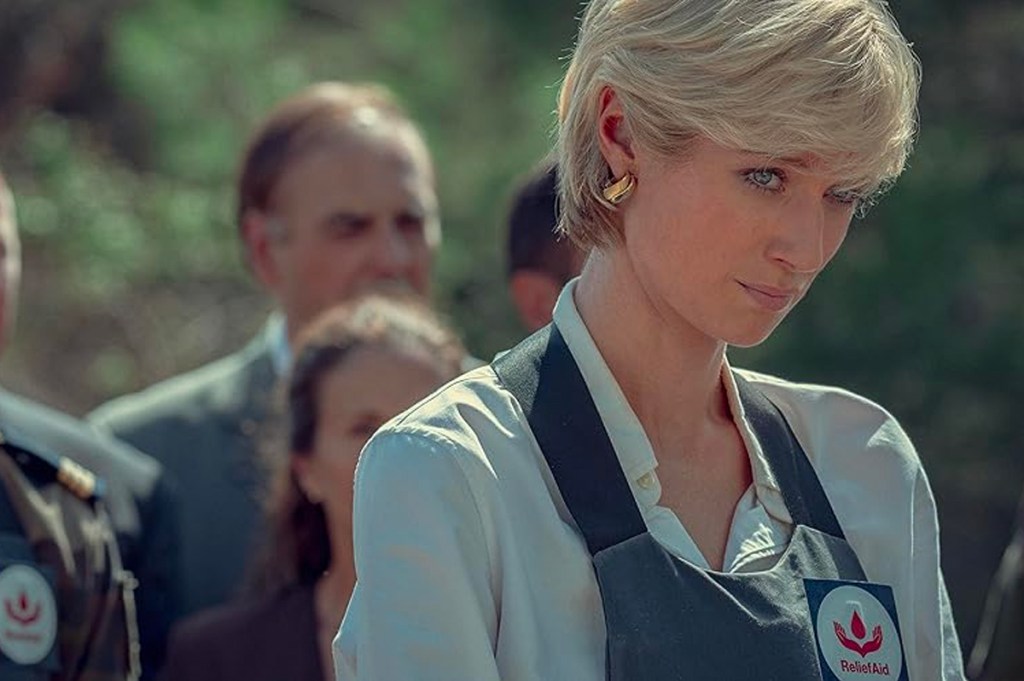


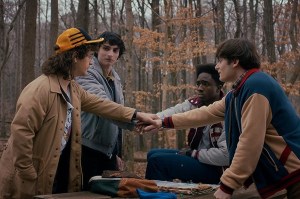

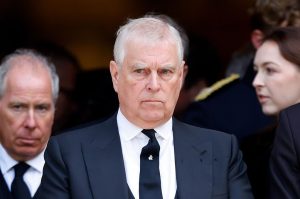


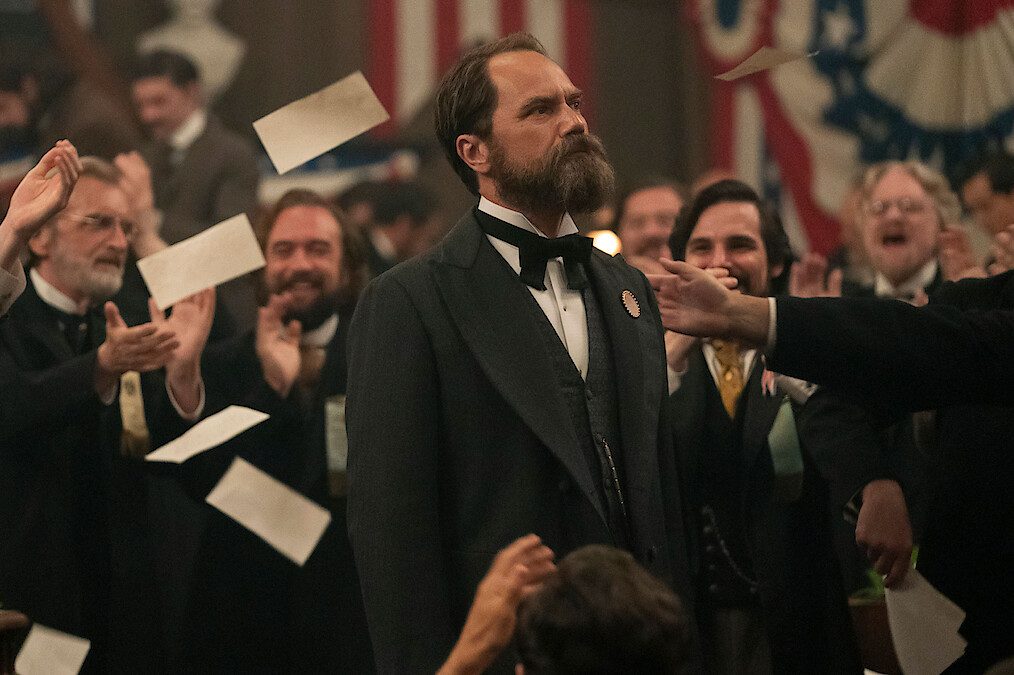
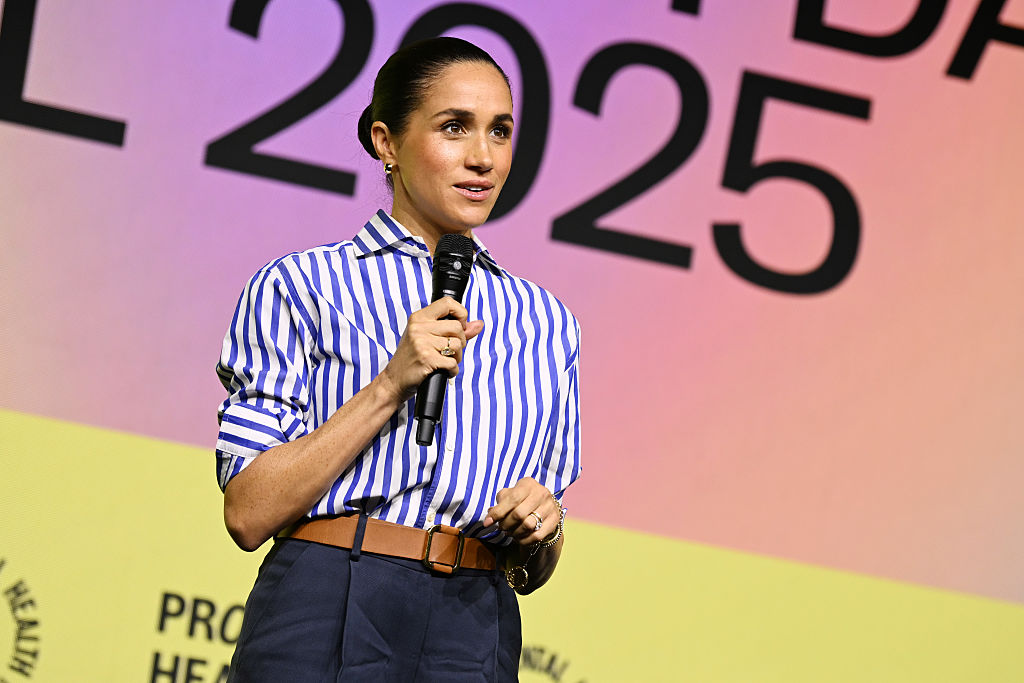
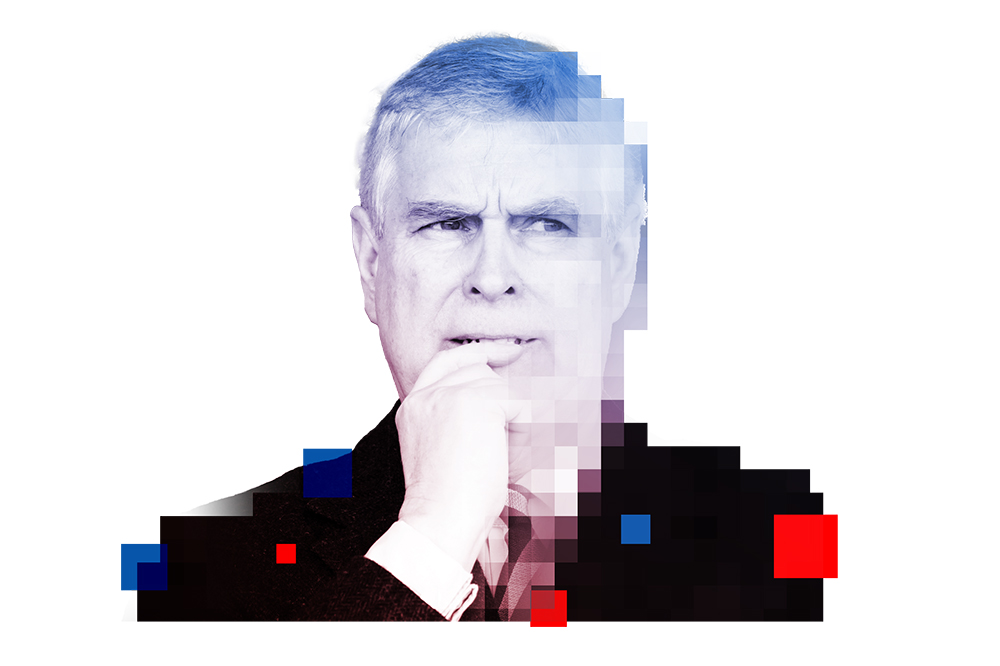
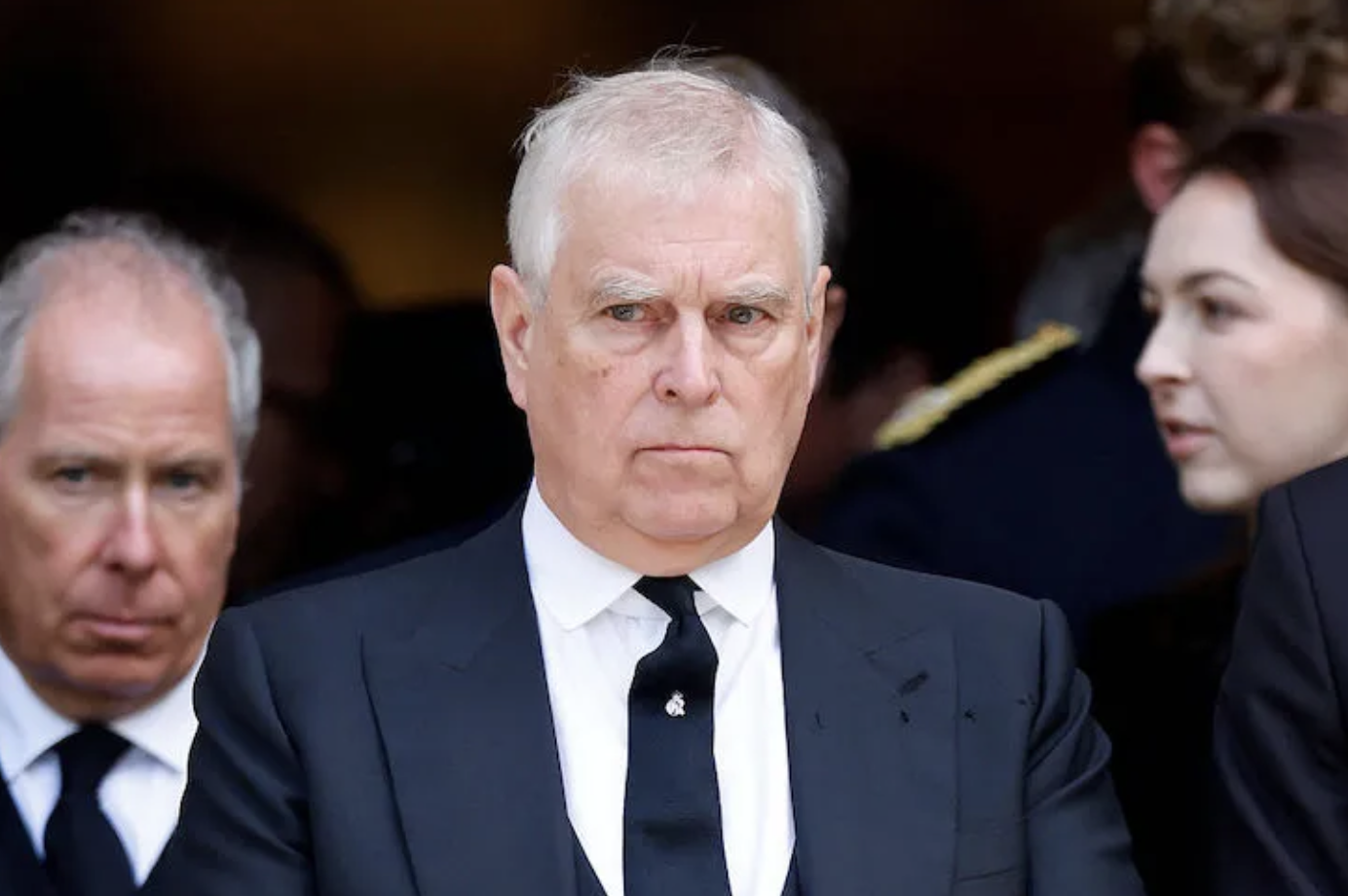







Leave a Reply